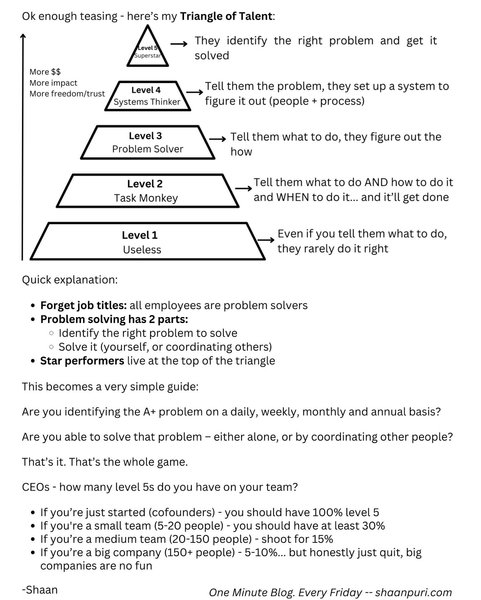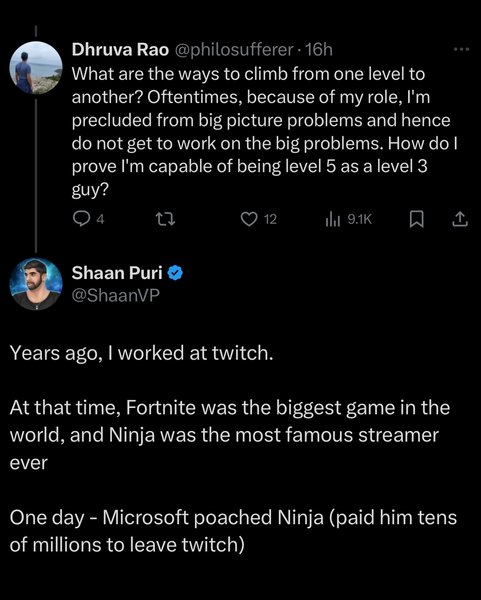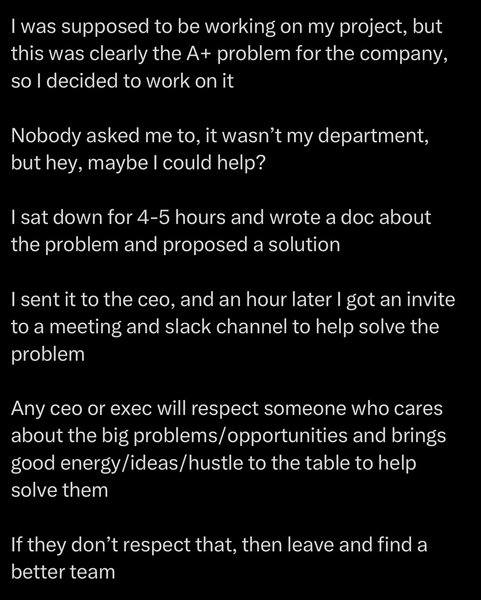Sublime
An inspiration engine for ideas
The creation of the 7 Strata of Strategy framework was inspired by a book written by Walter Kiechel III, a former Fortune editor and Harvard Business Publishing editorial director. Titled Lords of Strategy: The Secret Intellectual History of the New Corporate World, it chronicles the relatively short 50-year history of corporate strategy and the
... See moreVerne Harnish • Scaling Up : How a Few Companies Make It...and Why the Rest Don't (Rockefeller Habits 2.0)
Book Recommendations: Little Bets: How Breakthrough Ideas Emerge from Small Discoveries by Peter Sims and The Lean Startup: How Today’s Entrepreneurs Use Continuous Innovation to Create Radically Successful Businesses by Eric Ries.
Cliff Lerner • Explosive Growth: A Few Things I Learned While Growing My Startup To 100 Million Users & Losing $78 Million
Key Insight #1: Innovation is an investment in human capital—in the capabilities and competencies of your customers. Your future depends on their future. Key Insight #2: Innovation is about designing customers, not just new products, new services, and new user experiences. Key Insight #3: Customer vision is as important as corporate vision. Your
... See moreMichael Schrage • Who Do You Want Your Customers to Become?
but one that was absolutely key was the type of leader who in every case led the company into greatness.
Carol S. Dweck • Mindset - Updated Edition: Changing The Way You think To Fulfil Your Potential
Christensen, Clayton M. The Innovator’s Dilemma: When New Technologies Cause Great Firms to Fail. 1st HarperBusiness
Walker Deibel • Buy Then Build: How Acquisition Entrepreneurs Outsmart the Startup Game
discern the vital few from the trivial many.
Greg Mckeown • Essentialism: The Disciplined Pursuit of Less



